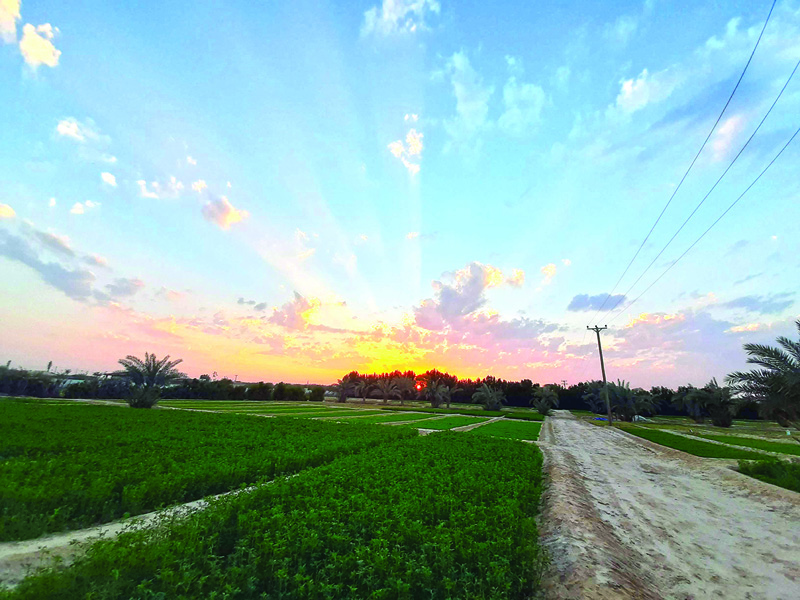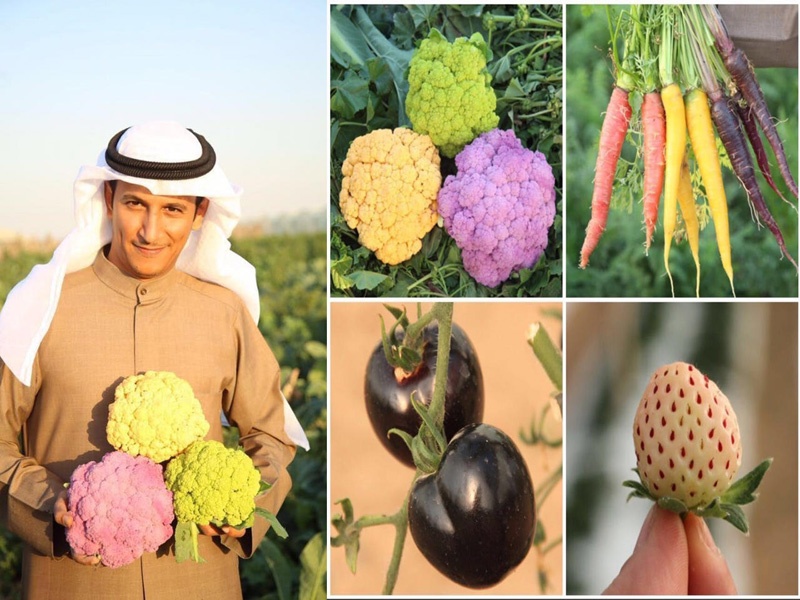 Farmer Yousef Al-Kreibani
Farmer Yousef Al-KreibaniBy Nawara Fattahova
Kuwaiti farmers say they are facing problems that can also affect consumers including ones that could lead to price rises in fruits and vegetables. Farmer Yousef Al-Kreibani told the Kuwait Times that one of the biggest problems that all farmers are facing now is a labor shortage.
"Due to the pandemic, we don't have enough workers to do the job as we can't replace those who left. Some workers went on vacation and couldn't return, while the contracts of others finished and they wanted to return home, as they usually stay for three years only. Now we can't replace them as no foreigners are allowed to enter the country to work since last year," he said.
"Half of my workers left last year (about 50 out of 100). Most of them left to their country, while few just left the farm. I usually hired 20 to 30 workers every year, which didn't happen this year. This huge shortage of manpower resulted in the farm not being fully planted, which reduced my production," he added.
Since the outbreak of the pandemic in late February 2020, Kuwait has severely limited the numbers of expatriates who could come into the country. It has stopped all visit visas and for a time stopped issuing work visas and encouraged expatriate to leave. Currently the airport is closed to foreigners including to thousands of legal residents abroad wishing to return.
According to the latest figures from the Public Authority for Agricultural Affairs and Fish Resources in 2021, there are approximately 7,000 farms in Kuwait. Not all are productive, however, and others focus on livestock rather than fruit and vegetable production. According to farmer Kreibani, the approximate number of workers in each farm is between 25 to 30. He told Kuwait Times that about half of his staff left work at the outbreak of the pandemic, as the majority returned to their countries, while few left to work in other jobs. In 2020, 1.96 percent of the employees in Kuwait were active in the agricultural sector.
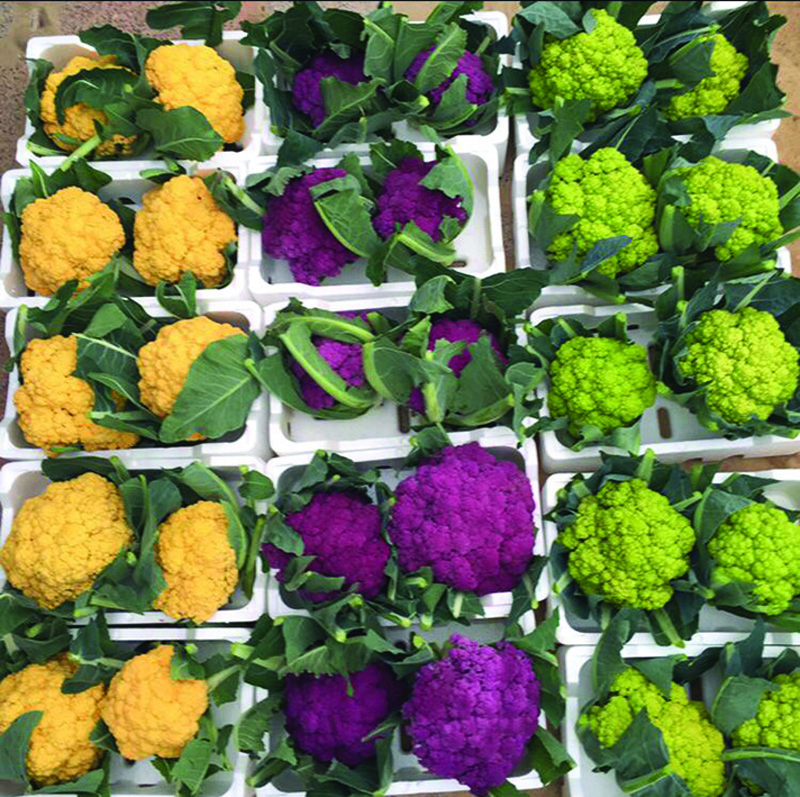
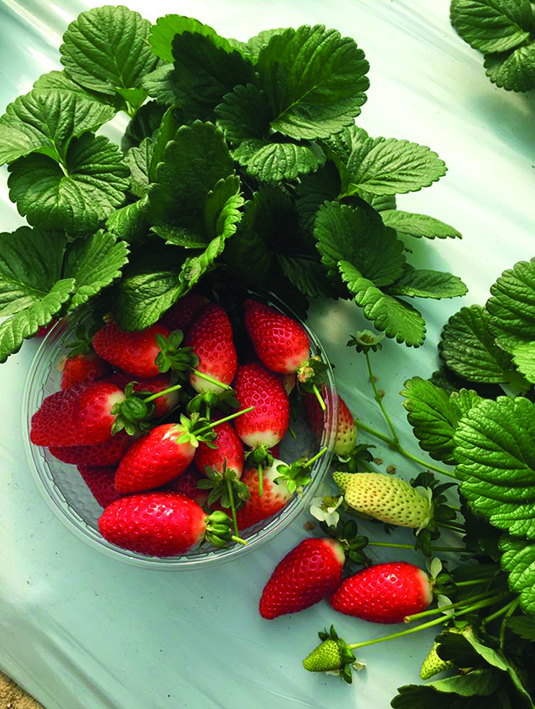
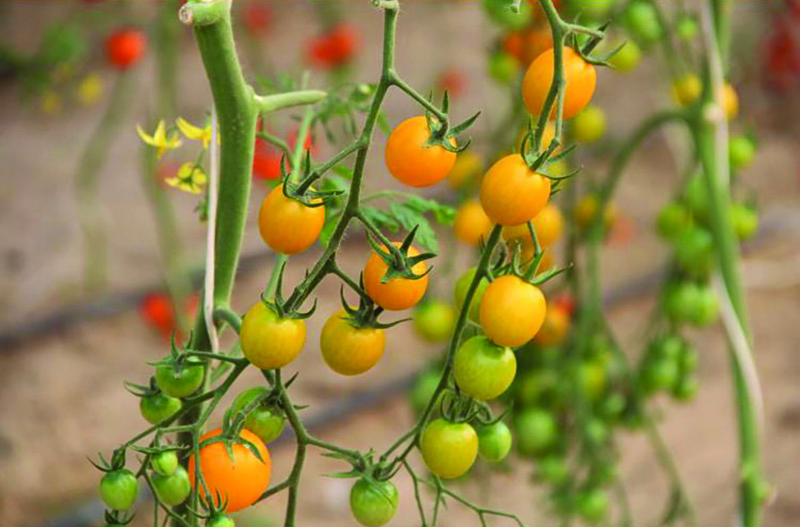
Beyond the question of labor, Kuwait's farmers also claim that imports are undermining their profit margins. "We recently sold many of our products without profits, below cost due to imports. For instance, we had to sell potatoes for 200 fils per kilo, while their actual cost is 500 fils. We had to sell our products for any price to prevent spoilage, as we don't have huge storage areas like those of importing companies, who can dictate the price. Our farmers invest in cultivation and not in storage," explained Kreibani.
According to him, the solution to this problem is by applying a crop calendar.
"The crop calendar is applied in most countries, as it protects local production. So if there is self-sufficiency in certain products, no imported products should be allowed. Kuwaiti products are sold at an auction while imported ones are not. This lowers the price of Kuwaiti produce, but at the supermarket the price is high due to the percentage added by the merchant who buys it at the auction," Kreibani said.
Some would argue, however, that limiting imports of fruits and vegetables could also have a reverse effect, causing scare supply and thus triggering a price rise. But at the same time, local farmers want more policies that encourage and protect local production. "This institution or body should protect local production. There are many different ministry decrees and resolutions every year that are not helpful for farmers or are not applied.
The latest decree should be in force from June 1, which bans dealers from selling local agricultural products to the Cooperative Union. This should make the prices of local products cheaper, but I'm not sure if this rule will be respected," Jaber Al-Azmi, Treasurer for the Kuwait Farmers Union demanded an independent authority for national food security.
"The labor shortage decreased agriculture production, which will soon lead to a rise in the prices of products. We have self-sufficiency in some products during the entire year, such as cucumbers. We should not be importing these products at all. We have self-sufficiency in other products during some periods, so imports should stop during these periods. During the beginning of the pandemic last year, when imports stopped for two months, we managed to have self-sufficiency," stressed Azmi.
Abdullah Al-Damak, Head of Kuwait Farmers Union, said new farmers are the most affected by this unpleasant situation. "Many of them took loans to start agricultural projects and are not able to repay them. One of the solutions that might help local products is to have a separate area outside the supermarket for local products, similar to gas cylinder outlets and others. The crop calendar will definitely help too. Also, the government should allow farmers to bring in manpower from abroad," he told Kuwait Times.

